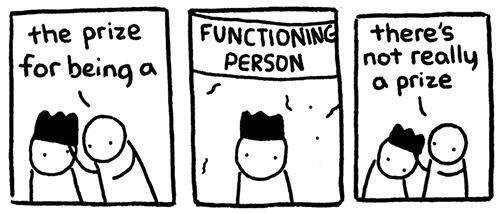Surrejoinder on Divine Deception
I dropped two nukes on Dale’s divine deception argument in two previous posts, which I dubbed Fat Boy and Little Man, respectively. From the ashes Dale returned desperate and feeble fire. Out of respect for my worthy friend foe, I now respond with some a fallout clean up and hereafter promise ceasefire. Dale’s Response to Little Boy In answer to my skeptical theist response to… Read More »Surrejoinder on Divine Deception




